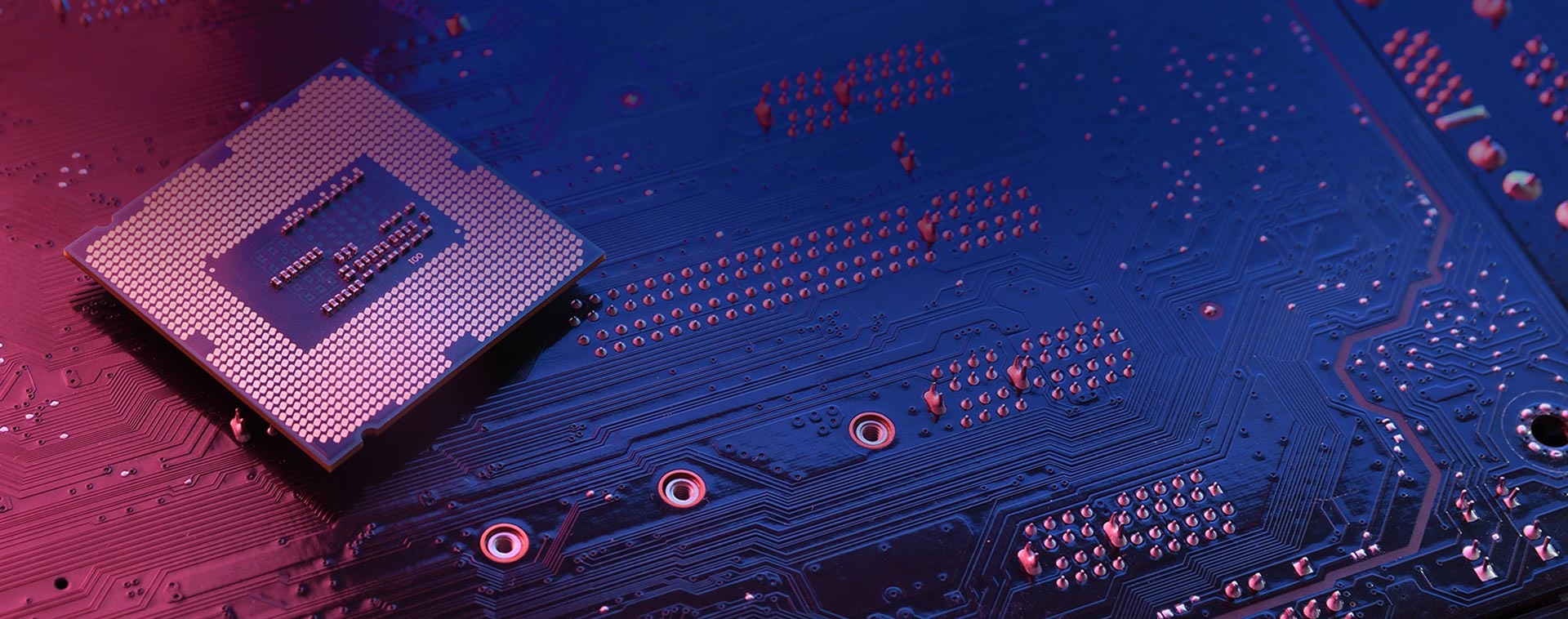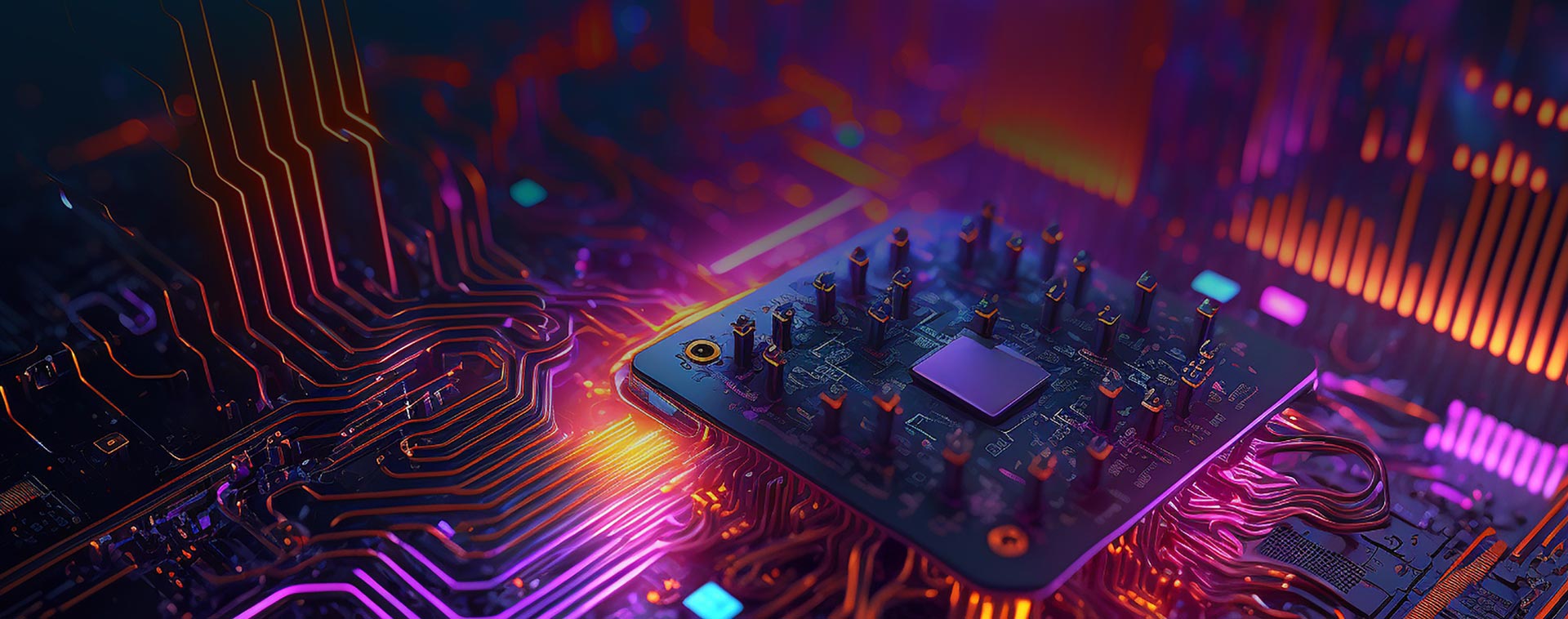Seminar Details
Consumer lighting represents a significant application that requires a considerable amount of power and serves a significant role in the energy budget of a nation. The development of Light Emitting Diodes (LEDs) and the progress in Internet of Things (IoT) have greatly enhanced traditional lighting technology. Nevertheless, the rapid expansion of IoT devices has posed a significant challenge for designers to supply power to the extensive range of IoT devices, potentially hindering the global adoption of IoT. Thus, it acts as an impetus to develop sustainable IoT devices complying with Sustainable Development Goal (SDG) 7 and SDG 9 of the United Nations (UN). In this dissertation, various strategies and methods have been investigated to develop sustainable computing framework for IoT-enabled consumer light application in smart energy. A sustainable framework has been developed to incorporate energy-autonomous and battery-less computing architecture using energy harvesting techniques from multiple energy sources such as solar, thermal, and artificial light. The power consumption has been optimized using the duty cycle technique, primarily energy budget-based duty cycling. Subsequently, an adaptive duty cycle and task scheduling framework is also proposed that aids the system in addressing the challenges of energy harvesting in adverse weather conditions. The proposed system can be retrofitted to any existing LED-based consumer lighting infrastructure, including on-grid, off-grid, and hybrid, to make it a complete, sustainable, energy-efficient, and smart solution.



